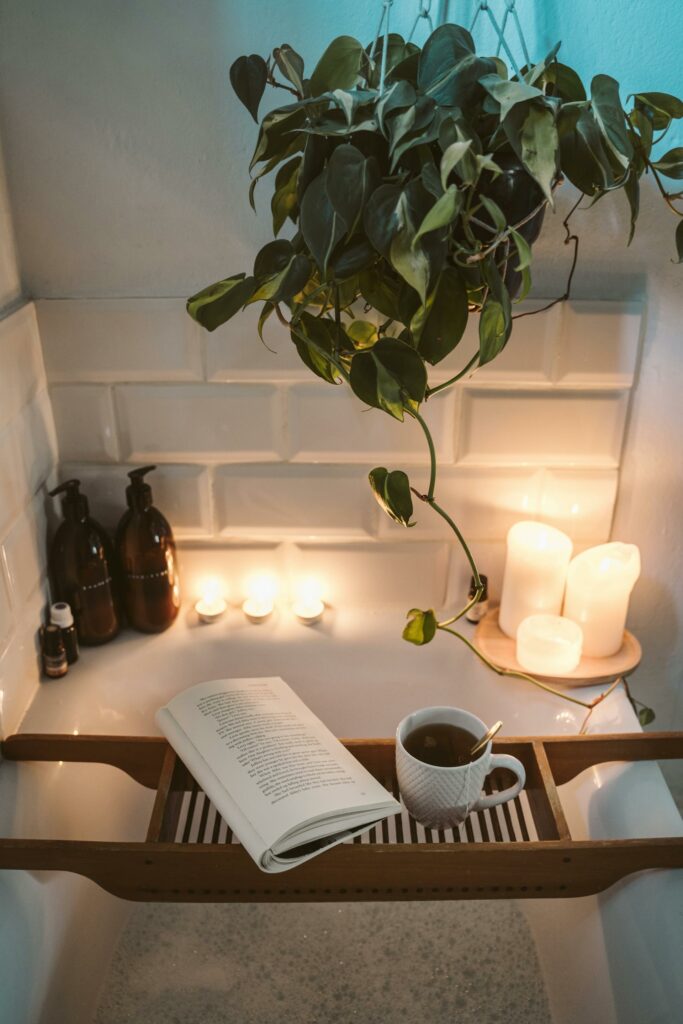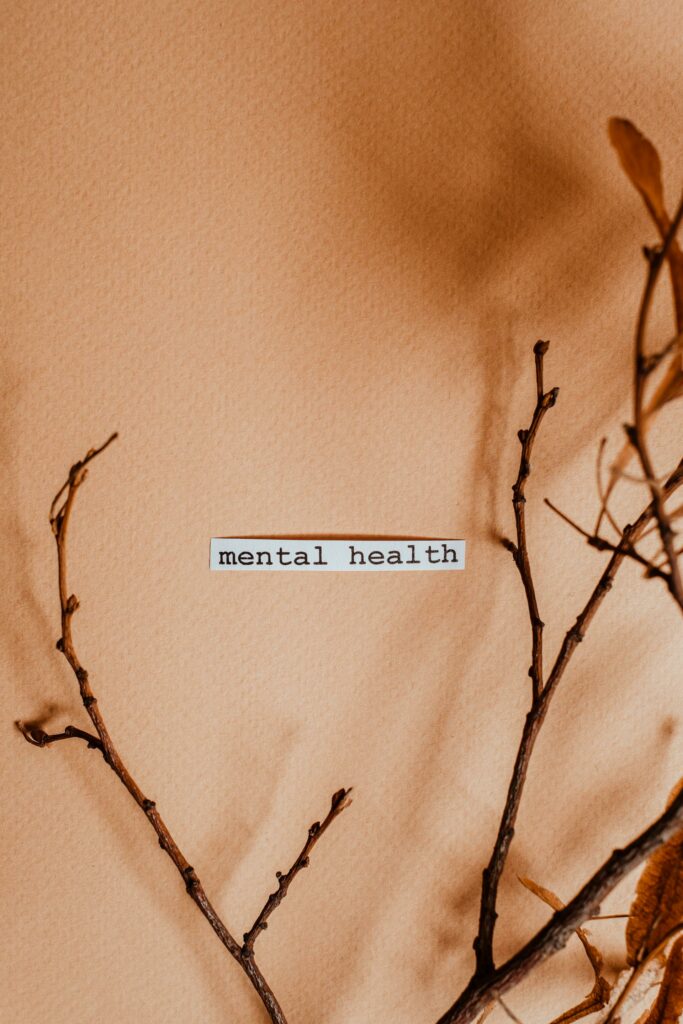This Is How To Prioritize Your Mental Health Immediately

In today’s fast-paced world, taking care of your mental health is more important than ever. As the conversation around mental wellness grows, more people are realizing that self-care isn’t just a luxury; it’s essential. Whether you’re looking to manage stress, reduce anxiety, or simply add balance to your life, developing consistent mental health self-care routines can significantly enhance your overall well-being.
Why Mental Health Self-Care is Crucial
Mental health self-care routines are daily habits that promote emotional and psychological well-being. Just as we take care of our physical health by eating right and exercising, our minds also need regular attention and care. Consistently practicing self-care can help improve resilience, lower stress levels, and lead to a more balanced life.
Daily Mental Health Self-Care Habits to Incorporate
1. Mindfulness and Meditation
One of the most effective ways to improve mental well-being is by practicing mindfulness and meditation. These practices help you stay grounded in the present moment, reducing feelings of anxiety and stress.
- How to start: Begin with 5-10 minutes of mindfulness each day. You can sit quietly, focus on your breathing, and allow your thoughts to come and go without judgment. Apps like Headspace and Calm can guide beginners through meditation practices.
- Benefits: Regular meditation can improve focus, reduce stress, and increase emotional resilience over time.
2. Physical Activity
Physical movement has been proven to have a positive impact on mental health. Whether it’s going for a walk, practicing yoga, or hitting the gym, regular exercise can release endorphins that act as natural mood boosters.
- How to start: Aim for at least 30 minutes of moderate exercise 3-4 times a week. You don’t need a gym membership—simple activities like stretching or walking can be incredibly beneficial.
- Benefits: Exercise reduces symptoms of depression, enhances self-esteem, and improves sleep quality.
3. Journaling
Writing down your thoughts and emotions can be a powerful tool for self-reflection and stress relief. Journaling allows you to process what you’re feeling, identify triggers, and develop coping strategies.
- How to start: Set aside 10 minutes a day to write about your day, emotions, or even things you’re grateful for. Keeping a gratitude journal is a great way to shift your focus from what’s going wrong to what’s going right.
- Benefits: Journaling helps manage anxiety, reduce intrusive thoughts, and provides a space for emotional release.
4. Healthy Sleep Routine
Sleep plays a crucial role in mental health. Without adequate rest, stress levels can rise, and your ability to manage emotions can decrease. Establishing a consistent bedtime routine can improve both the quantity and quality of your sleep.
- How to start: Create a relaxing pre-bedtime routine, such as turning off electronic devices 30 minutes before sleep, using calming scents like lavender, or practicing deep breathing exercises.
- Benefits: Quality sleep improves cognitive function, reduces irritability, and enhances emotional regulation.
5. Time in Nature
Nature has a calming effect on the mind. Whether it’s a walk in the park, sitting near a body of water, or just soaking in the sunshine, spending time outdoors can lower stress levels and promote mental clarity.
- How to start: Even if you live in a city, take time each day to connect with nature—whether it’s sitting in a park, gardening, or hiking.
- Benefits: Nature reduces mental fatigue, lowers anxiety, and improves mood by reducing cortisol levels.
6. Boundaries and Saying “No”
Overcommitting yourself can lead to stress, burnout, and exhaustion. Learning to set healthy boundaries and saying “no” when necessary is essential for maintaining your mental health.
- How to start: Identify the areas of your life where you feel overextended and make a conscious effort to prioritize yourself. It’s okay to decline invitations or responsibilities that drain your energy.
- Benefits: Establishing boundaries reduces burnout, fosters emotional well-being, and creates more time for activities that bring joy.
Managing Stress And Anxiety: Practical Tips
- Breathing Techniques
Deep breathing exercises can help instantly reduce stress and anxiety. By focusing on your breath, you activate the body’s natural relaxation response.- How to start: Try the 4-7-8 breathing method: inhale for 4 seconds, hold your breath for 7 seconds, and exhale slowly for 8 seconds.
- Benefits: These techniques calm the nervous system, slow your heart rate, and alleviate anxious thoughts.
- Progressive Muscle Relaxation
This technique involves tensing and then slowly relaxing each muscle group, helping to release physical tension and stress.- How to start: Start from your toes and work your way up, tensing each muscle group for 5 seconds before relaxing.
- Benefits: Progressive relaxation reduces physical symptoms of stress, such as tension headaches and muscle stiffness.
Mental Health Apps to Support Self-Care
Incorporating technology can make self-care easier and more accessible. These mental health apps provide guided practices to help manage anxiety, stress, and overall mental well-being:
- Headspace: Offers guided meditation, mindfulness exercises, and breathing techniques.
- Calm: Focuses on relaxation and sleep, featuring guided meditations, sleep stories, and calming sounds.
- Moodfit: A mood tracker and mental health app that helps users identify mood patterns and triggers.
- BetterHelp: Provides access to online therapy sessions with licensed counselors and therapists.
Prioritizing Mental Health in Daily Life
Mental health self-care routines don’t need to be time-consuming or complex. By incorporating small, daily habits—whether it’s through mindfulness, physical activity, or journaling—you can create a strong foundation for mental well-being. Remember, self-care is a personal journey, and it’s essential to find what works best for you. Over time, these routines can help you manage stress, reduce anxiety, and improve your overall quality of life.
Make self-care a priority, and watch your mental health thrive.






